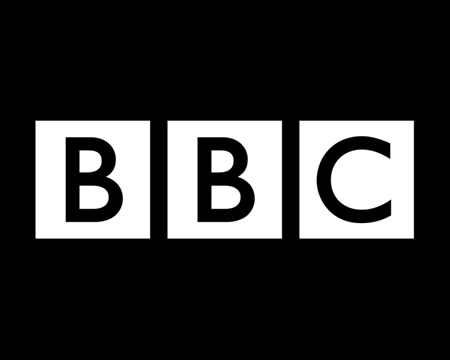Such are the uncertainties of this election campaign, following last Thursdays TV debate, that it is no longer outlandish to ask whether Nick Clegg could end up as Prime Minister.
The answer is probably no Id put the odds at 10-1 against but longer-odds horses have won big races in the past. Much attention has been paid to the way Britains voting system is biased against the Lib Dems: they could end up with more votes than Labour or the Conservatives but win half as many seats.
What is not appreciated is that the reason why this is so is also the reason why, once the party passes a threshold around 38% - it starts to garner seats in massive numbers. With 40% they would probably have an outright majority, With 42% they win by a landslide. The main reason is that with, say 30-35%, they come second in a vast number of seats, but first in only 100 or so. But as they approach 40%, these second places start converting into first places; each extra percentage point yields them a barrow-load of seats.
One reason why the Lib Dems could, just possibly, achieve this is revealed by YouGovs latest daily poll. We asked: How would you vote on May 6 if you thought the Liberal Democrats had a significant chance of winning the election. The responses: Lib Dem 49%, Conservative 25%, Labour 19%. On the admittedly unrealistic assumption of uniform national swing, there would be 548 Lib Dem MPs, 41 Labour MPs and just 25 Tories.
It wont happen. But this question does show that if Nick Clegg continues to perform well in TV debates and voters regard him as a serious challenger, then Lib Dem support could rise further from the 30% or so that, all pollsters agree, it has achieved since last Friday.
What is more, far fewer people are deterred by the prospect of a Lib Dem government. We asked people whether they would be delighted or dismayed by different election outcomes or whether they wouldnt mind.






